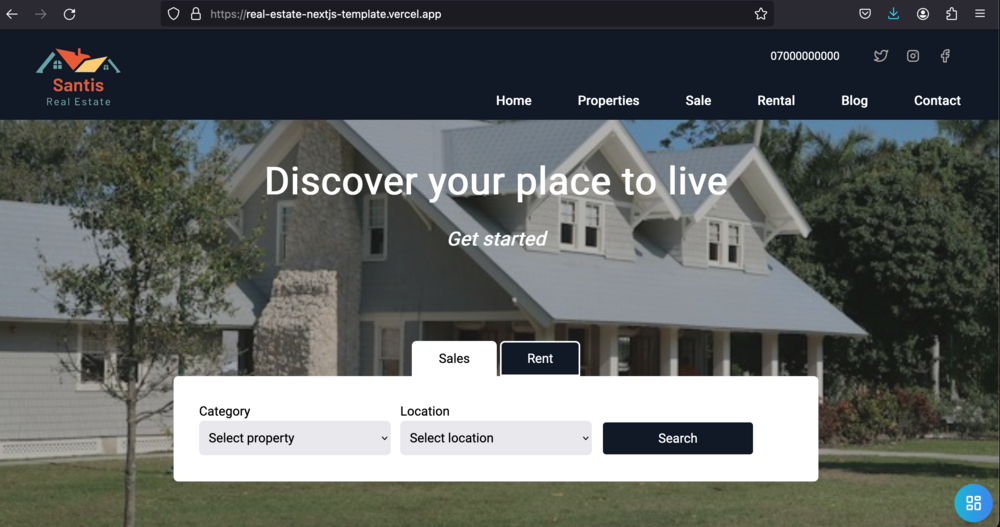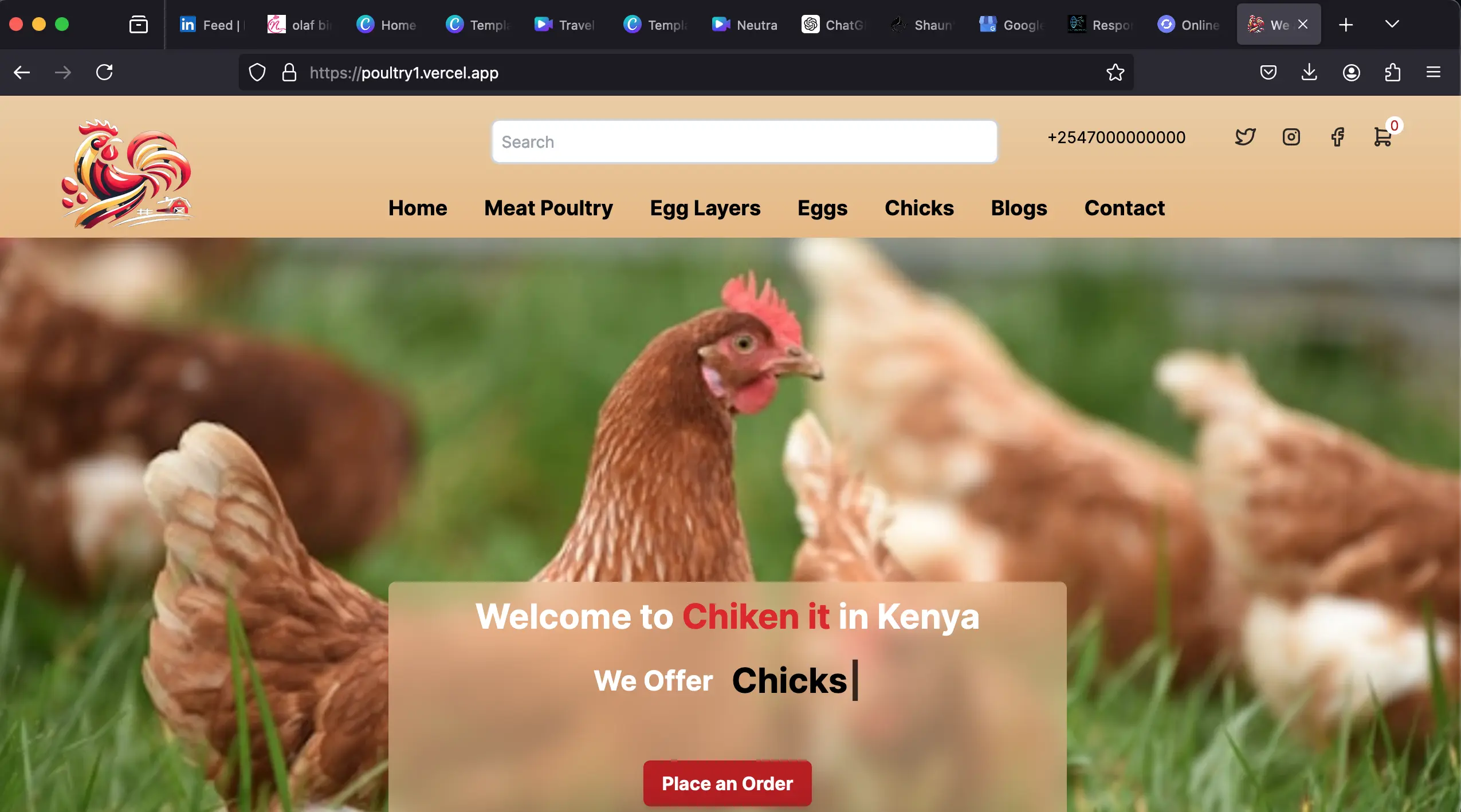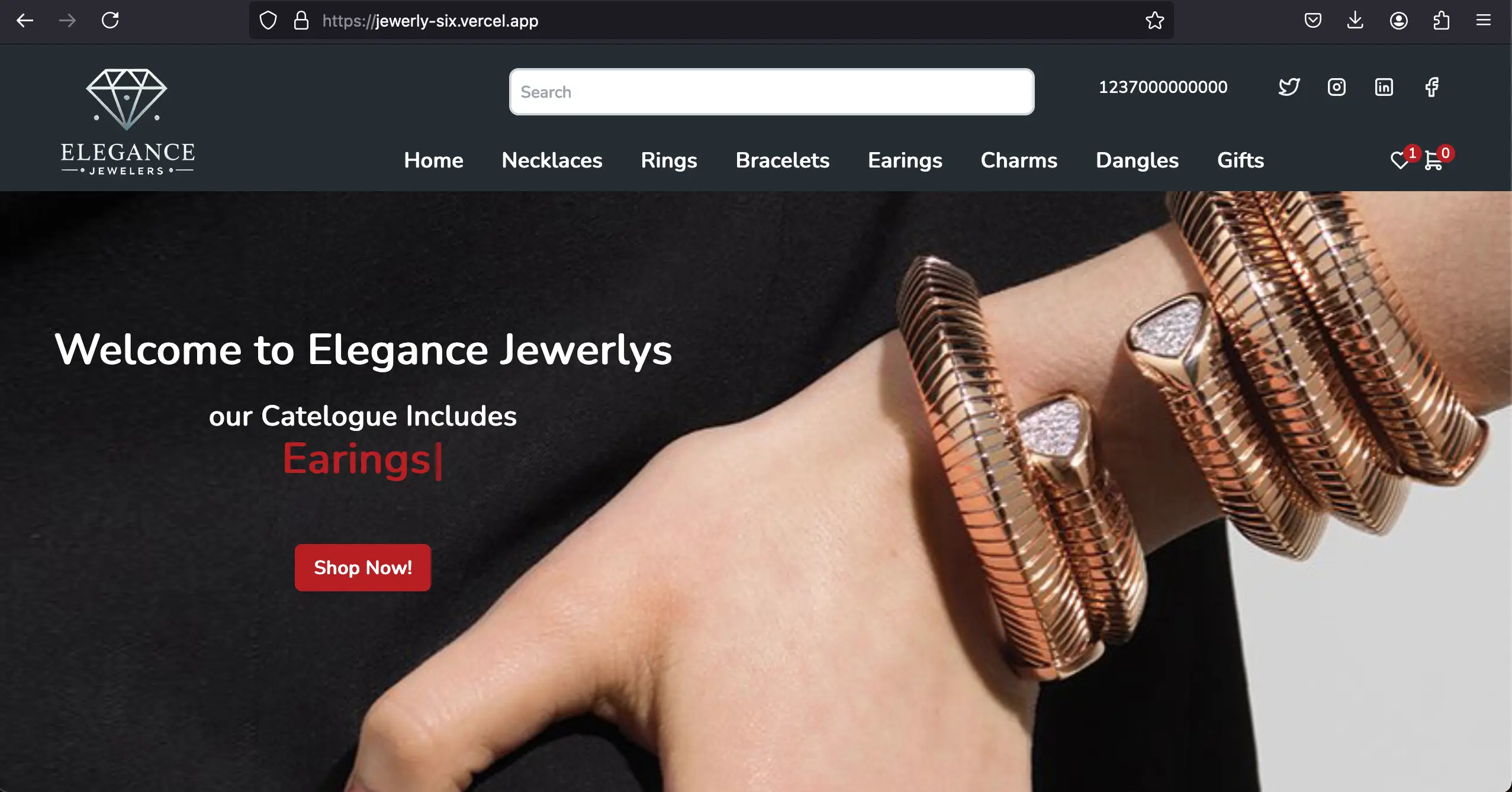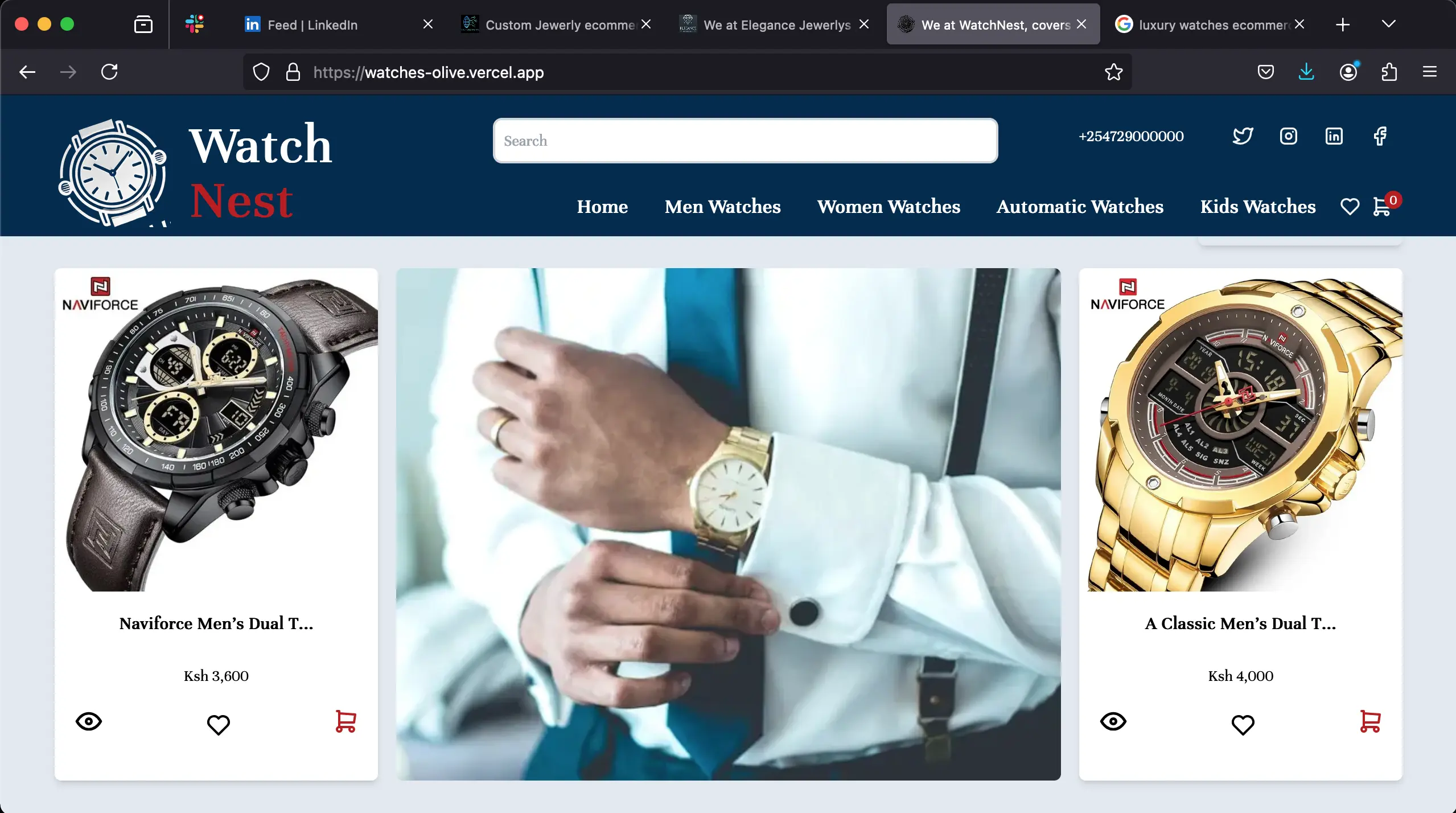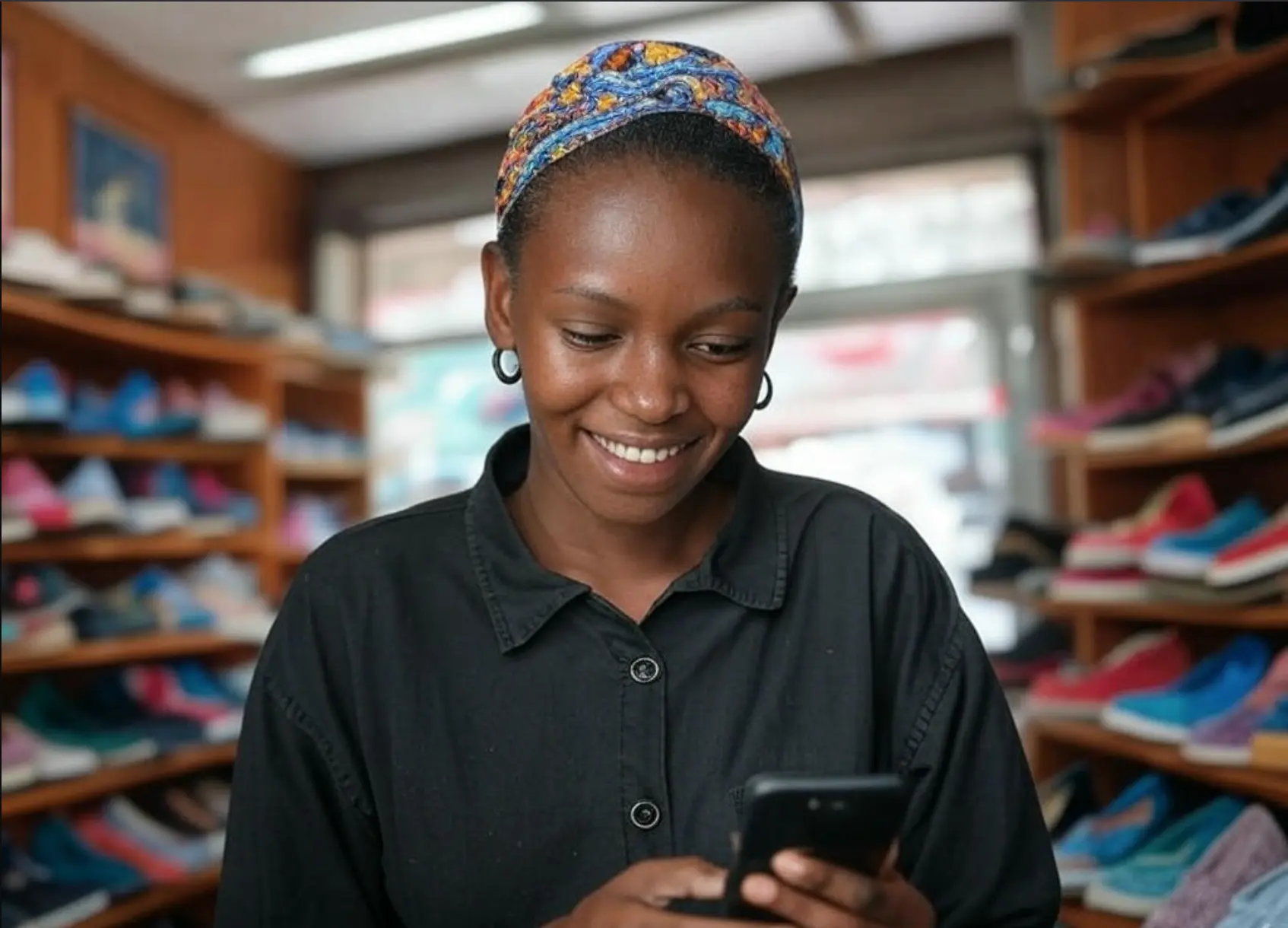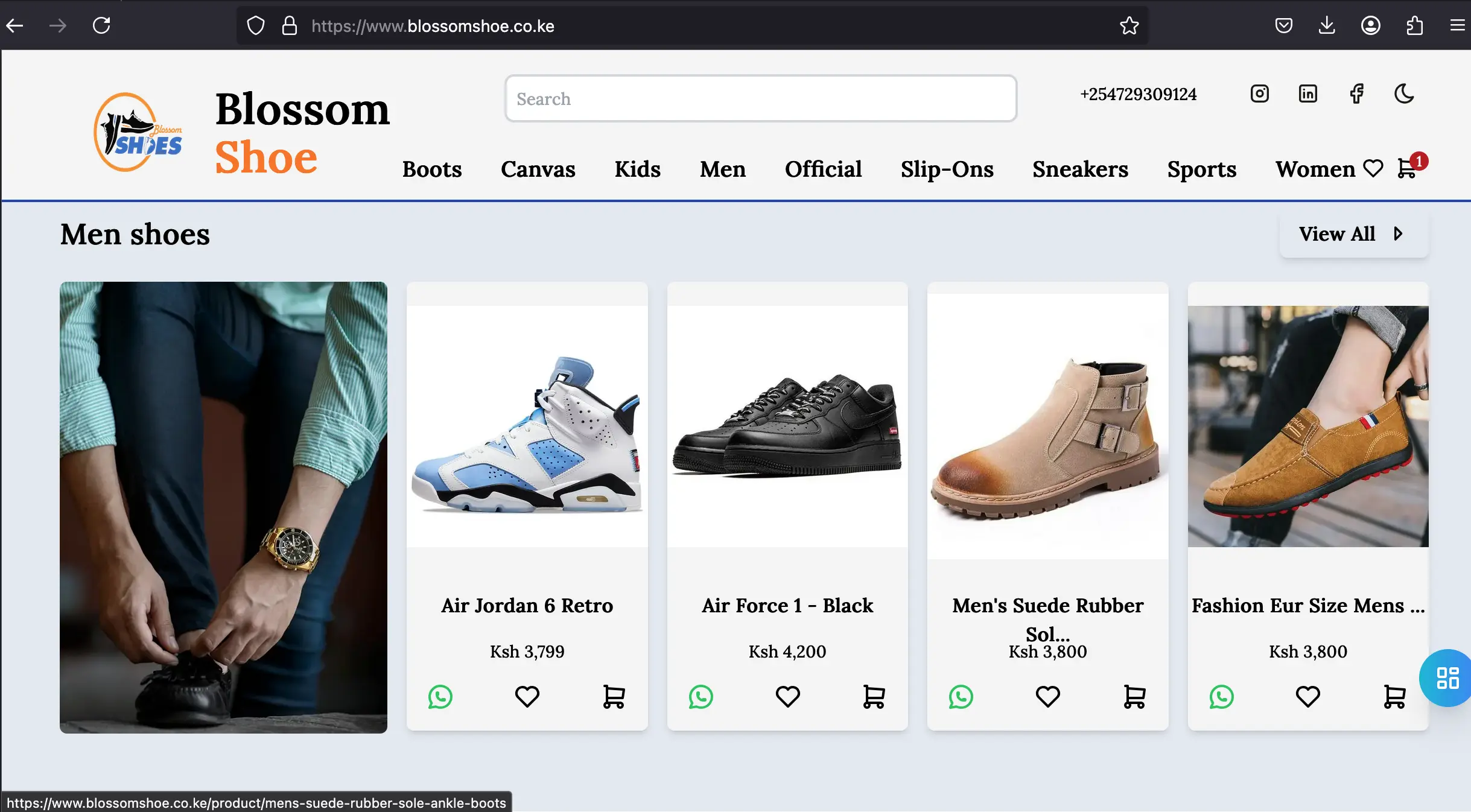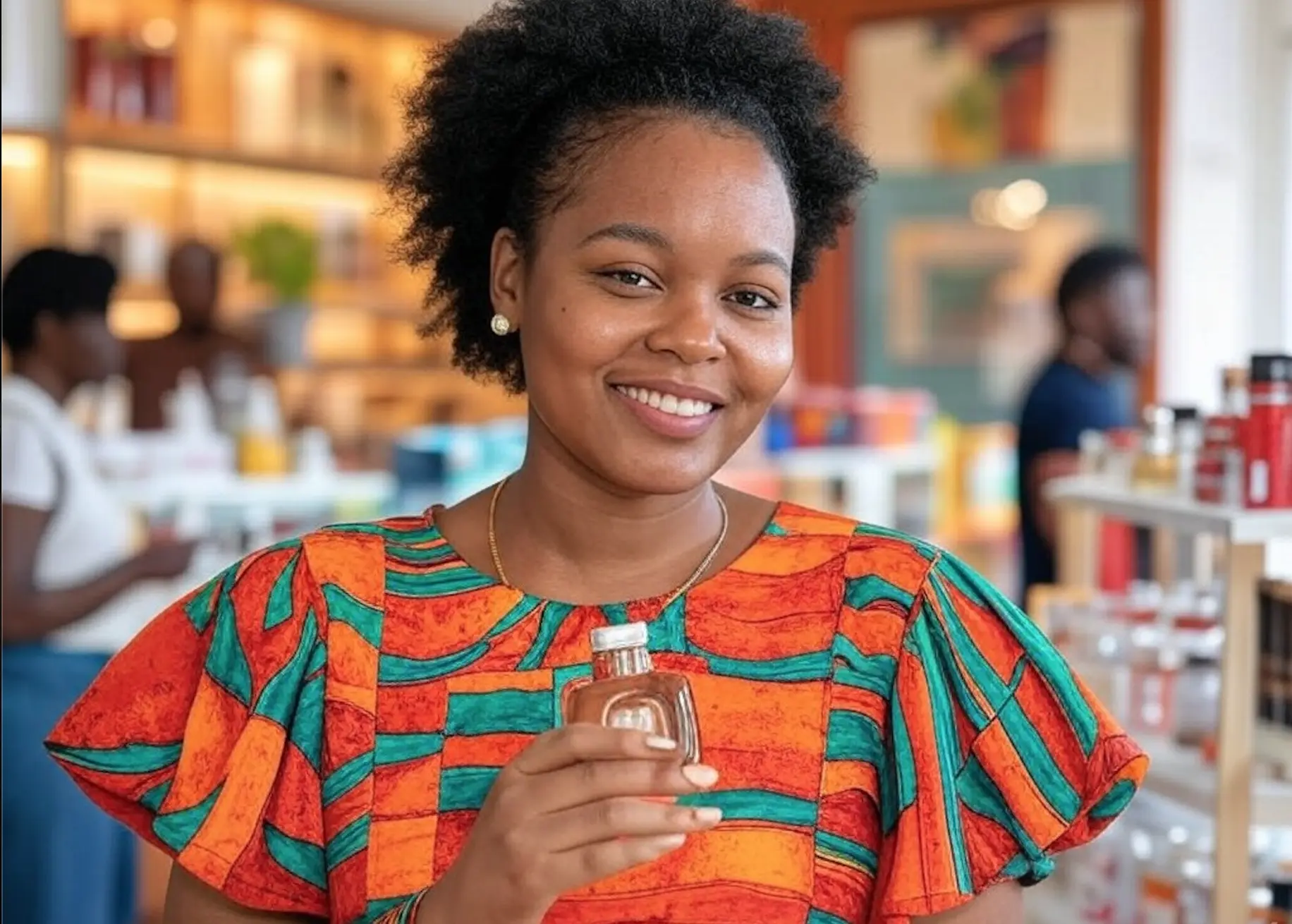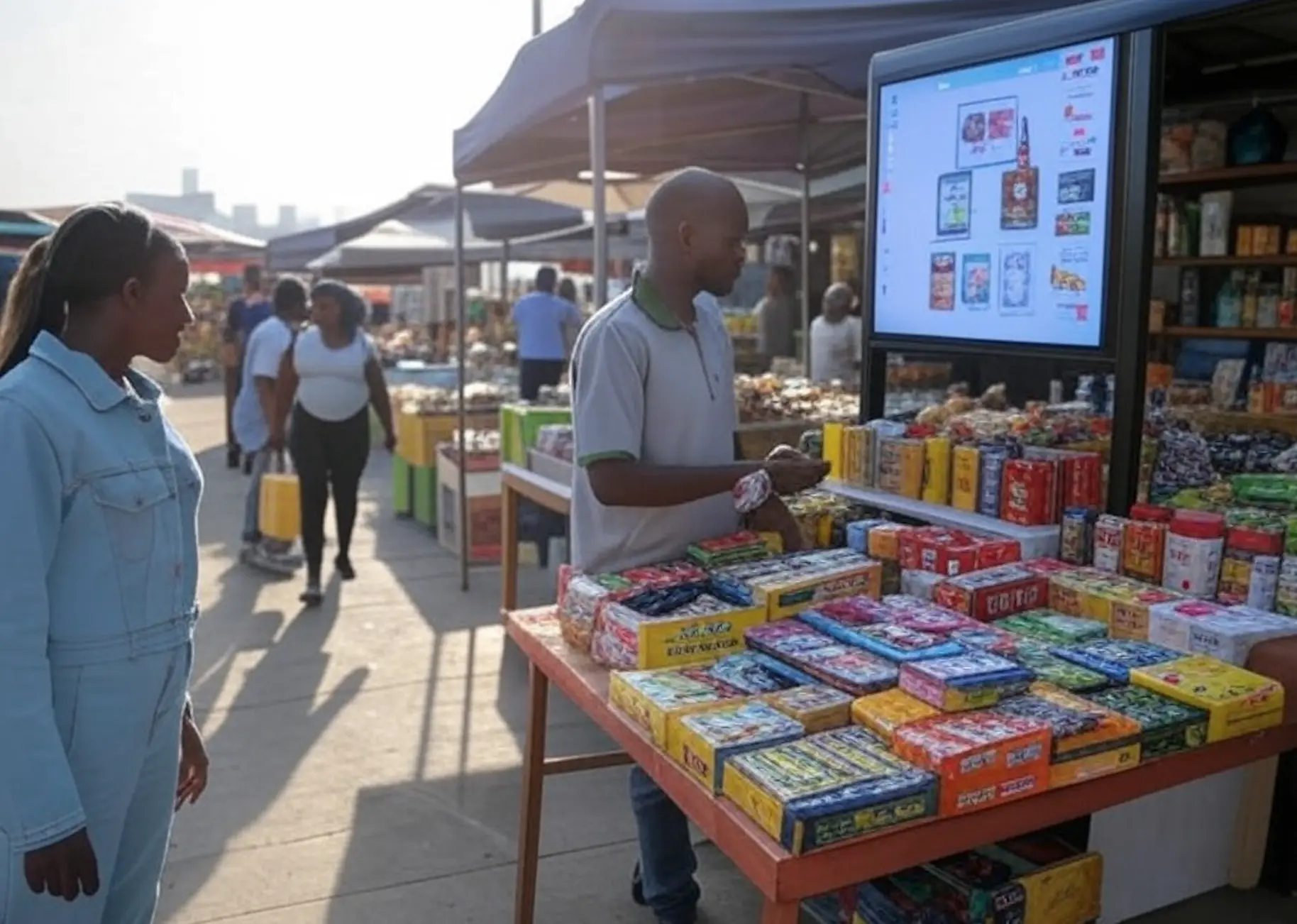
7 Profitable ecommerce Niches in Kenya for Small Investors
Tech is growing impressively in Kenya and e-commerce is part of this growth, with 75% of urban consumers shopping online at least once a month. For small investors, the key is to focus on niches with low startup costs, high demand, and easy logistics. Here are seven accessible, profitable niches to launch your online business in Kenya, along with actionable strategies to stand out.
1. Affordable Fashion & Beauty Products
Why It’s Profitable:
Kenya’s youthful population (median age 20) craves trendy yet budget-friendly clothing, accessories, and skincare. Local brands like Suzie Beauty and Vivo Fashion prove there’s demand for quality at low prices.
Products to Sell:
- African print dresses, bags, and accessories.
- Natural skincare (aloe vera, shea butter).
- Affordable wigs and hair extensions.
- Perfumes (retail and wholesale) like perfume scentre
How to Start:
- Dropshipping: Partner with local suppliers to avoid inventory costs.
- Social Media Marketing: Use TikTok and Instagram Reels to showcase products (e.g., “Outfit of the Day” videos).
- Collaborate with Micro-Influencers: Partner with Kenyan fashion bloggers for promo codes.
- Bundle Deals: Sell “Complete Look” sets (dress + matching headwrap + jewelry).
2. Home & Kitchen Essentials
Why It’s Profitable:
Urbanization and a growing middle class are driving demand for affordable home goods (eg Basmart Furnitures). Think kitchenware, bedding, and small appliances.
Products to Sell:
- Reusable silicone food storage bags (eco-friendly alternative to plastic).
- Portable blenders and rice cookers.
- Decorative items like curtains, cushions, and wall art.
How to Start:
- Leverage Jumia or Kilimall: Start by listing products on established marketplaces to test demand.
- Solve Pain Points: Market “Nairobi Apartment-Sized” furniture for small spaces.
- Seasonal Campaigns: Promote “Back-to-School” kitchen bundles in January.
- Local Delivery Networks: Partner with boda boda riders for same-day delivery in cities.
3. Health & Wellness Products
Why It’s Profitable:
Health-conscious Kenyans are seeking affordable vitamins, organic foods, and fitness gear.
Products to Sell:
- Immunity-boosting supplements (e.g., moringa, ginger).
- Yoga mats and resistance bands.
- Herbal teas and organic honey.
How to Start:
- Educational Content: Share “5-Minute Home Workouts” on YouTube.
- Leverage WhatsApp: Create a health-focused group for product updates and tips.
- Partner with Chemists: Cross-promote supplements with local pharmacies.
- Subscription Boxes: Curate monthly wellness packs (e.g., tea + vitamins + recipe cards).
4. Baby & Kids’ Products
Why It’s Profitable:
Kenya’s high birth rate (3.4 children per woman) fuels demand for affordable baby care and toys.
Products to Sell:
- Cloth diapers and eco-friendly baby wipes.
- Educational toys (e.g., Swahili alphabet puzzles).
- Organic baby food and skincare.
How to Start:
- Target New Moms: Run Facebook Ads targeting parenting groups like Motherhood Kenya.
- Pre-Order Systems: Reduce risk by taking orders before stocking items.
- Loyalty Programs: Offer free baby blankets after 5 purchases.
- Partner with Clinics: Distribute samples at maternity hospitals.
5. Secondhand & Thrifted Goods
Why It’s Profitable:
With rising inflation, 60% of Kenyans buy secondhand items to save money.
Products to Sell:
- Gently used smartphones and laptops.
- Thrifted clothing and shoes.
- Refurbished home appliances.
How to Start:
- Facebook Marketplace: Start by reselling items locally to build credibility.
- Quality Assurance: Offer a 7-day return policy for electronics.
- Barter System: Let customers trade old items for store credit.
- Themed Sales: Host “Nairobi Vintage Week” with curated retro fashion.
6. Digital Services for SMEs
Why It’s Profitable:
Kenya has 7.4 million SMEs(Small and Medium-sized Enterprises) needing affordable digital tools to grow.
Services to Offer:
- Website design and social media management.
- Graphic design (logos, flyers).
- E-commerce training courses.
How to Start:
- Freelance Platforms: List services on Upwork or Fiverr.
- Bundle Packages: Sell “Starter Kits” (logo + 5 social media posts).
- Free Workshops: Host Zoom webinars on “How to Sell on Instagram.”
- Referral Discounts: Offer 20% off for client referrals.
7. Locally Made Crafts & Souvenirs
Why It’s Profitable:
Tourists and diaspora Kenyans seek authentic, handmade items.
Products to Sell:
- Maasai beadwork and soapstone carvings.
- Kikoy fabric products (tablecloths, tote bags).
- Kenyan coffee and tea gift sets.
How to Start:
- Ecommerce website: Use global platforms to reach international buyers.
- Storytelling: Add a “Maker’s Story” to each product page.
- Tourist Partnerships: Collaborate with hotels and tour companies.
- Diaspora Focus: Run Facebook Ads targeting Kenyans abroad with “Taste of Home” boxes.
Key Tips for Small Investors
- Start Small: Focus on 1-2 niches first to minimize risk.
- Tools: Get an e-commerce website or sell via Instagram Shops.
- Leverage Mobile Money: Integrate M-Pesa for seamless payments.
- Local SEO: Optimize for keywords like “buy affordable dresses Nairobi.”
- Customer Trust: Share WhatsApp testimonials and unboxing videos.
How to Choose Your Niche
- Research Demand: Use Google Trends and Facebook Audience Insights.
- Analyze Competition: Check Jumia/Kilimall for gaps (e.g., limited organic baby products).
- Test with Pre-Orders: Validate interest before bulk purchasing.
In Conclusion
For small investors, Kenya’s ecommerce goldmine lies in niches that solve everyday needs affordably. Whether you’re selling secondhand smartphones, Maasai jewelry, or baby care bundles, success hinges on local relevance, mobile-first strategies, and community trust.
Start with being a broker or if you can, use minimal inventory, leverage free marketing tools, and scale as you grow. With Kenya’s internet penetration and entrepreneurial spirit, your eCommerce venture could be the next big success story.
Our Templates
Our Trending blogs

Myrachanto
As a Full Stack Web Developer with 7+ years of experience, I specialize in Golang (5+ years) and modern frameworks like React.js, Next.js, and Qwik.js, paired with Tailwind CSS for sleek front-end design. My architectural foundation blends Domain-Driven Design (DDD) and Hexagonal Architecture, ensuring scalable, maintainable systems aligned with business objectives

